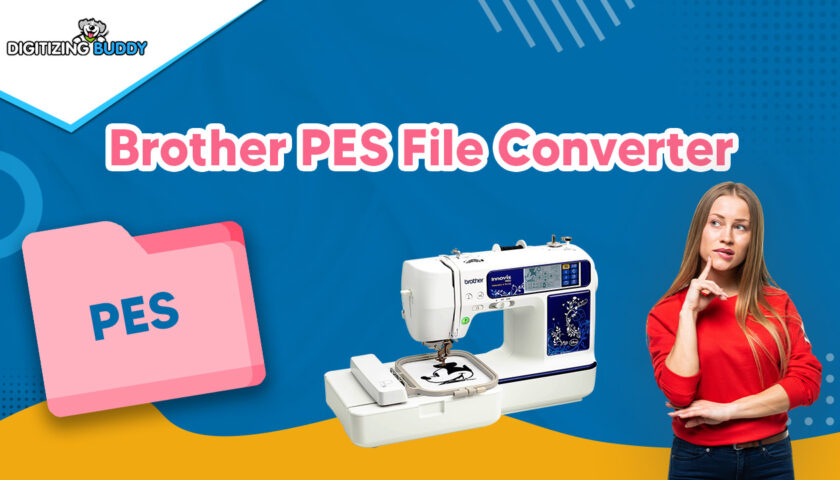Payroll taxes are a crucial component of running a successful business, but they can also be a source of stress and complexity for many organizations. The ever-changing tax regulations and the need for accurate calculations can make payroll management a daunting task. However, modern payroll software solutions have revolutionized the way businesses handle payroll taxes, making it easier than ever to stay compliant and reduce administrative burdens.
In this article, we will explore the challenges associated with payroll taxes, the benefits of using modern software solutions, and how these tools can help businesses master payroll tax management.
The Complex World of Payroll Taxes
Payroll taxes encompass a variety of taxes and contributions that employers must withhold from their employees’ wages and pay to government agencies. These taxes fund vital government programs such as Social Security, Medicare, and unemployment benefits. Managing payroll taxes requires a deep understanding of tax laws and regulations, as well as meticulous record-keeping and timely payments.
The Challenges of Payroll Tax Management
- Changing Regulations: Tax laws are subject to frequent changes at the federal, state, and local levels. Keeping up with these changes and ensuring compliance can be a significant challenge for businesses.
- Calculations and Withholdings: Accurate calculation and withholding of payroll taxes can be complicated, as different types of taxes have different rules and rates. Mistakes can result in costly penalties.
- Filing Deadlines: Employers must file various tax forms and make payments to government agencies on specific deadlines. Missing deadlines can lead to fines and interest charges.
- Record-Keeping: Proper record-keeping is essential to document tax calculations, withholdings, and payments. Inaccurate or incomplete records can lead to audits and penalties.
- Employee Turnover: High turnover rates can complicate payroll tax management, as employers need to ensure that former employees receive the correct tax documents and that new employees are set up correctly in the payroll system.
The Solution: Modern Payroll Software
Modern payroll software solutions have emerged as a powerful tool for businesses to streamline payroll tax management. These software packages offer a range of features and benefits that can help businesses master the complexities of payroll taxes.
1. Automated Tax Calculations
One of the most significant advantages of modern payroll software is its ability to automate tax calculations. The software is programmed to stay up-to-date with changing tax laws and rates, ensuring that calculations are accurate and compliant. This reduces the risk of errors and costly penalties.
2. Real-time Compliance Updates
Payroll software often provides real-time compliance updates, alerting businesses to changes in tax regulations that may affect their operations. This proactive approach allows companies to adjust their payroll processes promptly, minimizing the risk of non-compliance.
3. Simplified Record-Keeping
Modern payroll software simplifies record-keeping by maintaining comprehensive employee payroll records, tax calculations, and payment histories. This not only ensures accuracy but also makes it easier for businesses to respond to inquiries from tax authorities or employees.
4. E-filing and Payments
Many payroll software solutions offer e-filing capabilities, allowing businesses to submit tax forms and make payments electronically. This not only saves time but also reduces the risk of late filings and payments.
5. Employee Self-Service
Some payroll software platforms include employee self-service portals, where employees can access their pay stubs, tax documents, and make changes to their withholding information. This reduces the administrative burden on HR and payroll staff.
6. Integration with Accounting Systems
Modern payroll software often integrates seamlessly with accounting software, simplifying the reconciliation of payroll transactions and providing a holistic view of a company’s financial data.
7. Enhanced Security
Security is a top priority for payroll data. Payroll software solutions typically offer robust security features, including encryption, access controls, and data backups, to protect sensitive employee information.
Choosing the Right Payroll Software
Selecting the right payroll software for your business is crucial to mastering payroll taxes effectively. Here are some factors to consider when choosing a payroll software solution:
1. Scalability
Choose software that can grow with your business. Scalability ensures that your payroll system can accommodate changes in the size and complexity of your workforce.
2. Compliance Features
Look for software that offers robust compliance features, including automatic tax updates and real-time alerts for regulatory changes.
3. User-Friendliness
The software should be intuitive and user-friendly, with a clean interface that makes it easy for your payroll and HR staff to use.
4. Integration
Consider how well the payroll software integrates with your existing accounting and HR systems. Seamless integration reduces data entry and reconciliation errors.
5. Customer Support
Responsive customer support is essential, as you may need assistance with setup, troubleshooting, or addressing specific payroll tax issues.
6. Cost
Evaluate the total cost of ownership, including subscription fees, setup costs, and any additional charges for add-on features or support.
The ROI of Payroll Software
Investing in modern payroll software may seem like an additional expense, but it can yield a substantial return on investment (ROI) over time. Here’s how:
1. Time Savings
Automating payroll processes saves significant time for HR and finance teams. This time can be redirected towards strategic activities that add value to the organization.
2. Reduced Errors
Automation reduces the risk of errors in tax calculations, withholdings, and filings, minimizing the likelihood of costly penalties.
3. Improved Compliance
Staying compliant with tax laws and regulations is critical. Payroll software’s real-time compliance updates help businesses avoid fines and audits.
4. Enhanced Productivity
With streamlined processes and self-service options for employees, payroll software enhances overall productivity and efficiency within the organization.
5. Better Decision-Making
Access to accurate, real-time payroll data enables better financial planning and decision-making.
6. Cost Savings
By avoiding costly mistakes and reducing the need for manual labor, payroll software can lead to substantial cost savings in the long run.
Case Study: XYZ Corporation
Let’s consider a real-life example of how payroll software transformed the payroll tax management of XYZ Corporation.
XYZ Corporation is a mid-sized manufacturing company with 200 employees. Before implementing payroll software, they struggled with payroll tax compliance. Errors were common, and they had incurred penalties due to late filings. Employee turnover also posed challenges, as managing tax documents for new hires and departing employees was time-consuming.
After implementing a modern payroll software solution, XYZ Corporation experienced the following benefits:
- Automated tax calculations reduced errors and ensured compliance.
- Real-time compliance updates helped them stay informed about changing tax laws.
- Record-keeping became more streamlined and accurate.
- E-filing and electronic payments eliminated late filing penalties.
- Employee self-service portals reduced HR’s administrative workload.
- Integration with their accounting system improved overall financial visibility.
Within a year, XYZ Corporation saw a significant reduction in payroll-related errors and penalties, resulting in cost savings of over $50,000. The HR team’s productivity improved, allowing them to focus on strategic HR initiatives. The company also found it easier to attract and retain top talent by offering a user-friendly payroll experience.
Conclusion
Mastering payroll taxes is essential for the financial health and compliance of any organization. However, the complexities and risks associated with payroll tax management can be overwhelming. Modern payroll software solutions have revolutionized this aspect of business operations, offering automation, compliance features, and cost savings.
When choosing payroll software, consider factors such as scalability, compliance features, user-friendliness, integration capabilities, and customer support. While there is an initial investment involved, the long-term benefits in terms of time savings, reduced errors, improved compliance, and cost savings make it a wise decision for businesses of all sizes.
By harnessing the power of modern payroll software, organizations can not only master payroll tax management but also optimize their payroll processes, enhance employee satisfaction, and focus on strategic growth initiatives. It’s a transformation that pays off in more ways than one.





